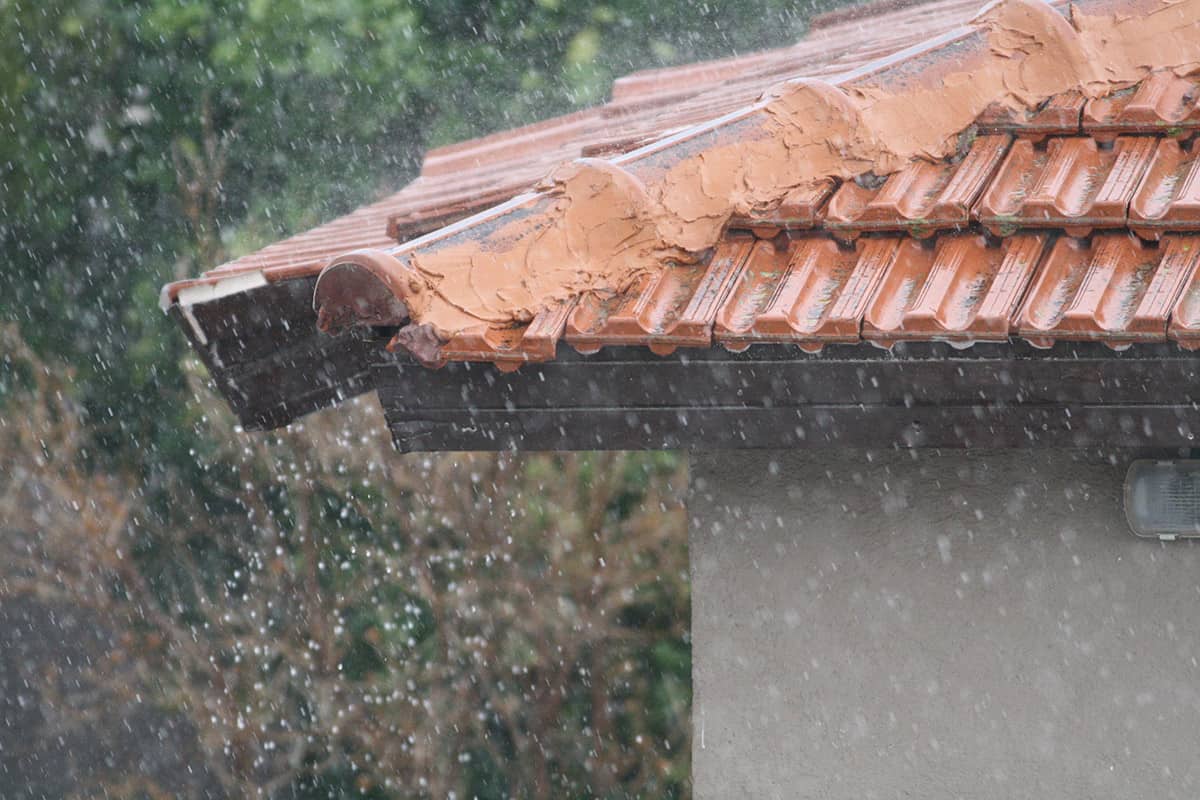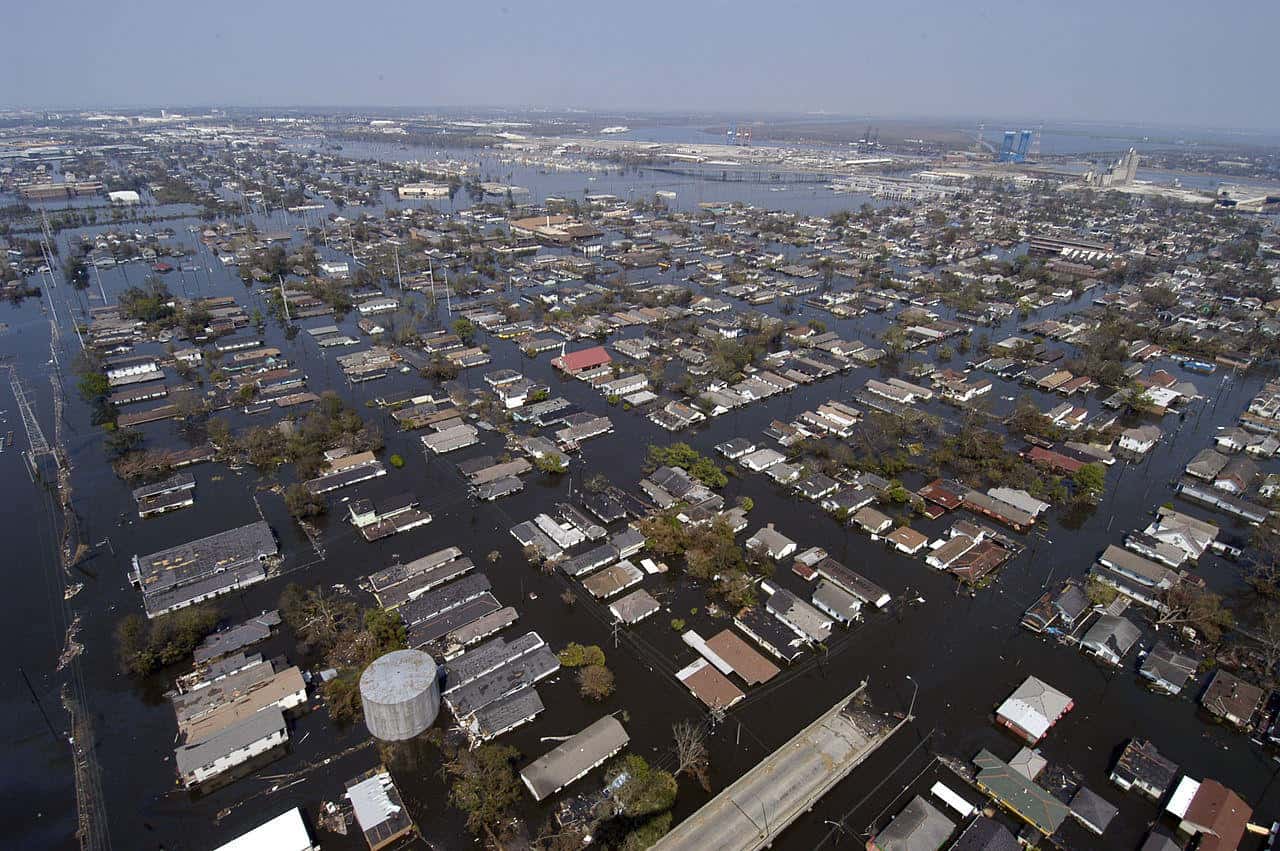For the past decade or so, people have been particularly scared of inclement weather. People have been worried about it for millennia, of course. But there are now new and specific fears embedded in society as a whole. Let’s go back to late 2005. Hurricane Katrina was wreaking havoc in New Orleans. This event received an intense amount of coverage, an unprecedented amount for a natural disaster. Aside from the many socioeconomic concerns, there was something else helping with all the attention. The Internet, with its modern and widespread video-sharing features, helped turn the whole thing into a media frenzy.
Since then, similar attention is paid to every inclement weather situation that occurs in this country. When the ground shakes or the rainwater starts creeping into homes, we observe all the damage in real-time. This has all helped make fears of inclement weather more acute.
But what’s the use of being so scared about these things if we’re not going to prepare for them appropriately? If there’s a silver lining in this cloud of fear, it should be that we’re willing to take extra precautions. We should be making plans and getting supplies for these events before they’re on the horizon. Not while they’re occurring. Not when they’re predicted by weather specialists. We should be taking steps before any of that happens!
Finding out about incoming inclement weather
Having said that, it is, of course, important that you know about these things beforehand. I’m not suggesting that you just get everything you need then sit at home assuming some disaster will strike at any minute! One of the best things you can be doing is keeping an eye on weather forecasts.

Keep an eye on websites that have a weather prediction service. It may be worth keeping an eye on more than one. They generally get their information from the same source, but you do sometimes get differing reports. Radio and television do broadcast forecasts, but online is much more up-to-date. You can, of course, practice some of your own weather predicting. Don’t take your insights as gospel, though!
Stocking up on food and drink
One of the key problems of inclement weather is the cutting of power. It may occur as the result of damage to local power lines. Or it may even be the result having to shut down your electricity manually to ensure your safety. This will make it harder to prepare food at home. But, obviously, the answer isn’t to go out and grab some fast food. After all, there’s inclement weather out there!
This is why you should have a supply of long-life food at your house. Canned foods, long-life milk, nuts, cereal, dried fruit, bottled water. Even keeping some multivitamins around keep be useful. I’m not saying you should keep a shop’s worth of food stockpiled in your garage as though you were preparing for the apocalypse! But you should definitely prepare yourself with a decent amount of consumable supplies. (Oh, and please make sure you’ve got a manual can opener if you want to rely on canned foods!)
Equipment that will keep you safe
There are loads of things you can get for your home that will help you in an emergency. Having the right equipment will help you fend off acute dangers that may present themselves in your home. They’ll also help keep you warm and connected with the outside world. They may seem like things that you’d only find in place like fire stations of public buildings. But don’t underestimate the importance of keeping some of these things in your house!

The first thing that springs to mind is a supply of blankets. You may already have this covered – after all, you’ve got the blankets from your beds! But it may be worth getting smaller blankets that allow you to be more mobile. Keeping blankets in your car may also help in case you find yourself in a traffic jam when attempting a late supply run. A fire extinguisher is also essential. First aid kits will help you deal with sanitation and minor injuries. Flashlights with extra batteries will help you if the lights go out. And if the power goes out altogether, you need to have communication plans prepared. Additional (and charged!) batteries for your cell phone will help you here.
Strengthen your household
When intense weather hits your neighborhood, you can be sure of one thing. Any structural flaws in your household are going to be exposed, fast! Older homes are the obvious targets. Homes that were built in the fifties and forties were often built without being bolted to their foundations. Even homes built around the eighties can have similar foundational weaknesses. This can cause major damage if earthquakes or severe winds hit. If you suspect you have such a bolting problem, you should consult foundational experts about the state of your home.

The other key areas are slightly easier to deal with, but you may still need help from professionals. Your walls and your roof are going to be taking the brunt of this weather, so you need to make sure they’re in top condition. You can look into strengthening your walls, but you need to be more concerned with your roof. Any flaw in your roof can cause massive damage if intense weather hits. If your roof is leaking or has loose features, get in touch with some roofers as soon as possible
Have an emergency plan
When you have several people in your household, the stakes are higher. But it also makes everything more complex. If communication isn’t strong, you could be putting yourself at risk.
You and your family need to have plans in place in case something bad happens. Let’s say you need to evacuate your home. Does your family have an agreed-upon exit? As well as an outside point at which you’ll all go? This is an essential feature of any safety plan. Everyone also needs to know where the gas, power, and water shutoffs are. This is in case one family member can’t make the necessary shutdown.
If you stay prepared, you’ll be okay. So start getting prepared today!

